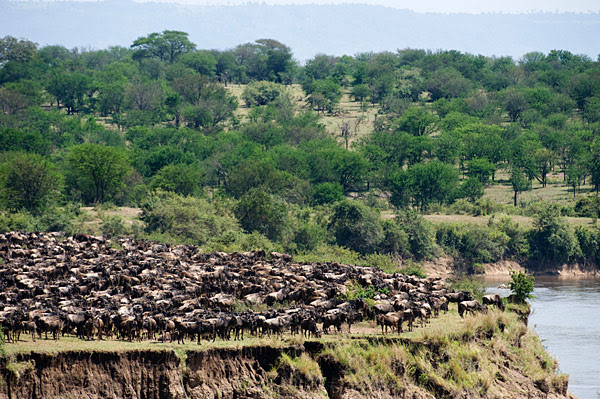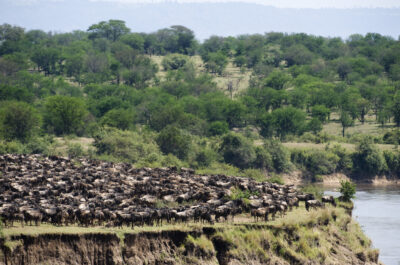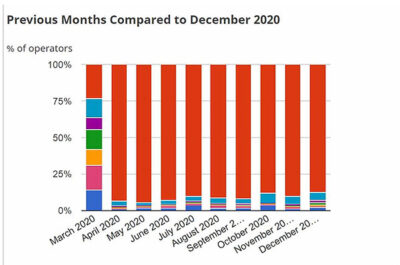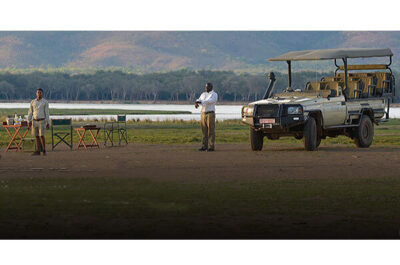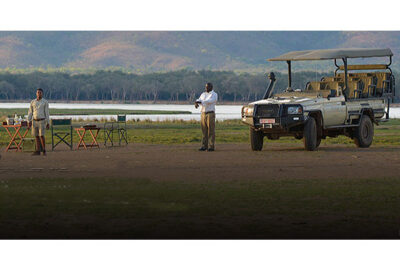The Tanzanian government has decided to start charging 18% VAT (Value Added Tax) on several tourist services from the 1st of July 2016. This change was proposed just weeks ago and the short notice has caused chaos in the safari industry, forcing tour operators to charge clients up to 18% extra for safaris that had already been paid.
SafariBookings.com, the largest online marketplace for African safaris, is being bombarded by emails from concerned clients that have received requests from their tour operators to pay an additional amount – these range from hundreds to even thousands of dollars extra because of VAT now being applied to their Tanzanian safari.
Tourists are being asked to pay 5-18% extra
From the 1st of July the Tanzanian government began charging 18% VAT on most tourist services, including: park fees, ground transportation, guiding fees, water safaris, birding, hot air balloon landing fees, normal camping fees, special camping fees that mobile and temporary tented camps have to pay. It also includes wildlife viewing packages offered by camps and lodges. Unlike accommodation, for which VAT already applied, these tourist services were previously exempt from VAT. As a result of this change, tours that use accommodation are 5% to 10% more expensive and most camping and Kilimanjaro tours are 18% more expensive.
What is VAT?
VAT is a consumption tax on a product or service that is supposed to be paid by the end consumer, which can be either a person or a business. It is organized through a system whereby businesses collect VAT by adding it on top of their rates, but also pay VAT on products and services they purchase. If a business collects more VAT than it has paid, then it has to pay the difference to the government. And, if a business has paid more VAT than it has collected, it can reclaim the difference from the government. This system ensures VAT is only paid by the person or business who is the end consumer.
Tour operators were given only a few weeks' notice
The main issue isn't that the government decided to charge VAT. The main issue is that it only gave tour operators a couple of weeks to adapt to these changes. The VAT change was introduced in the 2016 finance bill on June 3rd, passed parliament on June 23rd and was made effective from July 1st. As most safaris are paid for months in advance, this short notice didn't give tour operators the opportunity to add VAT on top of their usual rates.
Park authorities charge VAT, but fail to issue proper VAT receipts
The Ngorongoro Conservation Area Authority has started to charge 18% VAT on camping and park fees, but hasn't issued VAT receipts so far. The Tanzania National Parks Authority does issue VAT receipts, but they are missing the VAT registration numbers, which allow operators to reclaim the VAT. Many tour operators have also expressed concern about whether their government will actually pay when they attempt to reclaim VAT owed to them.
Tanzania has thrown their safari industry into a state of confusion
The short notice has shocked hundreds of tour operators, thousands of clients have been hit with unexpected charges and park authorities haven’t had enough time to implement these changes and provide proper VAT receipts. It wouldn't have been an issue of this magnitude if the government decided to start charging VAT in 6 to 12 months, giving the industry sufficient time to adapt and increase their rates accordingly.
Theodore is the Co-Founder and Managing Editor of TravelDailyNews Media Network; his responsibilities include business development and planning for TravelDailyNews long-term opportunities.











